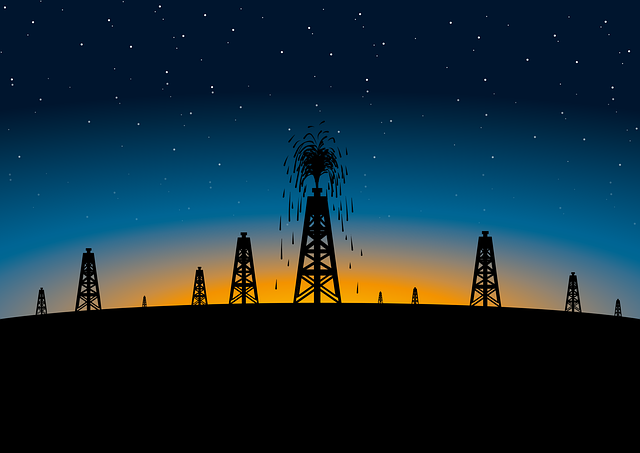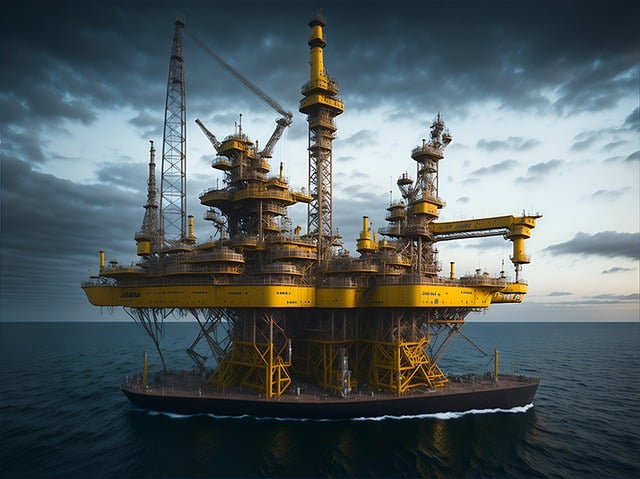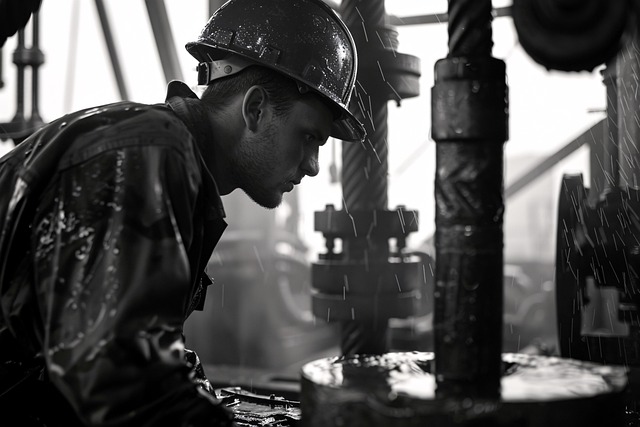Life on an Oil Rig: Separating Myth from Reality
When people hear “oil rig,” they often imagine a mix of Hollywood-style action, extreme danger, and isolation from the outside world. But how much of that is actually true? Are offshore drillers living like modern-day pirates, or is their reality far different from what we assume?
In this blog, we’re pulling back the curtain to reveal the truth about life on an oil rig—debunking common myths and shedding light on what it’s really like to work offshore.
Oil Rig Work Is Only for Tough, Brawny Men
Reality: It’s About Skill, Not Just Strength Drillers
Sure, working on an oil rig is physically demanding. But modern rigs rely more on technology and expertise than brute strength. Engineers, technicians, and safety officers play crucial roles alongside drillers and roustabouts. And women are increasingly joining the industry, proving that toughness isn’t just about muscle—it’s about resilience and skill.
Oil Rig Workers Are Always in Danger
Reality: Safety Comes First
Yes, offshore drilling can be hazardous, but safety is the number one priority. Workers undergo extensive training before stepping foot on a rig. Advanced technology, strict regulations, and emergency protocols help minimize risks. In fact, some industries—like construction—have higher accident rates than offshore drilling.
Workers Are Cut Off from the World
Reality: Rigs Are More Connected Than Ever
It’s true that oil rigs are far from land, but that doesn’t mean workers are isolated. Many rigs have Wi-Fi, allowing workers to video call their families, stream movies, and stay updated with news. Some even have gyms, entertainment rooms, and social spaces to make life offshore more comfortable.

It’s All Work, No Rest
Reality: Work Rotations Allow for Plenty of Downtime
A typical schedule on an oil rig follows a rotation system, such as two weeks on, two weeks off, or three weeks on, three weeks off. This means workers get extended periods of rest back home. Many even use this time to travel, start businesses, or spend quality time with family of Drillers.
Oil Rig Jobs Are Only About Drilling
Reality: There’s a Wide Range of Careers Offshore
It’s not just about drilling. Oil rigs need engineers, medics, electricians, chefs, IT specialists, and safety officers to function efficiently. Some roles require degrees, while others focus on hands-on skills. The industry is diverse, offering career opportunities beyond what most people imagine.
The Food Is Terrible
Reality: Offshore Workers Eat surprising Well
Forget canned beans and dry sandwiches—oil rigs have professional chefs preparing fresh, high-quality meals. Workers often enjoy buffets with plenty of choices, including steak, seafood, and international cuisine. Good food keeps morale high, so companies invest in ensuring workers are well-fed.
The Pay Isn’t Worth the Sacrifices
Reality: Offshore Jobs Are Among the Best-Paid in the Industry
Oil rig jobs come with attractive salaries due to the demanding nature of the work. Entry-level positions can earn upwards of $50,000 per year, while experienced engineers and specialists can make six-figure incomes. With accommodations and meals covered, workers save a significant portion of their earnings.

Challenges of Life Offshore
While working on an oil rig has its perks, it’s not for everyone. Some common challenges include:
- Long hours: Shifts can last 12 hours with alternating day and night schedules.
- Separation from family: Even with Wi-Fi, being away from loved ones for weeks at a time can be tough.
- Harsh weather conditions: The ocean can be unpredictable, and storms can make work challenging.
But for those who adapt, the experience can be rewarding—financially and personally.
What’s Next for Offshore Drilling?
With advances in automation and sustainability, the future of offshore drilling is evolving. New technologies are improving efficiency and reducing environmental impact, making the industry more sustainable than ever before.
The Social Side of Rig Life
Many people don’t realize that oil rigs have a strong sense of community. When you’re living and working in close quarters with the same people for weeks at a time, you develop tight bonds. Teamwork is essential, and coworkers often become like family.
Game nights, movie screenings, and group workouts help break the monotony and maintain morale. Some rigs even have small libraries and music rooms to help workers unwind. While it’s not the same as home, the camaraderie and shared experiences make offshore life more enjoyable than people expect.
With more companies recognizing the importance of mental health, offshore jobs are evolving to prioritize worker well-being. From better recreational activities to improved communication with families, oil rig life is becoming more accommodating than ever before. Also Read>>>>
Final Thoughts: Would You Work on an Oil Rig?
Now that you know the truth about life offshore, does it sound like something you’d consider? Whether you’re drawn to the adventure, the salary, or the unique work environment, oil rigs offer opportunities beyond the myths about Drillers.
What do you think—would you take a job on an oil rig? Drop a comment below and let’s discuss!



